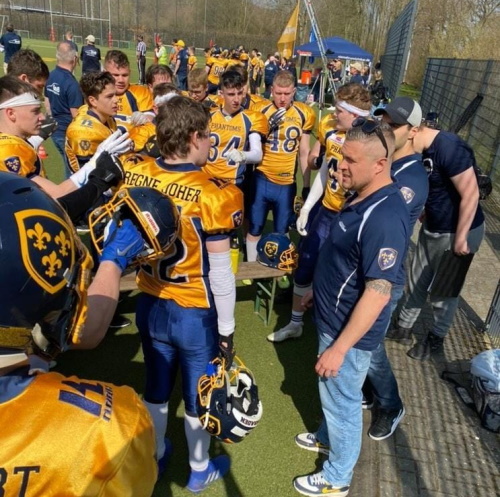To the Balearic Islands? Or better to Canada? Where to if war comes to Europe? Some parents, especially those with young children, these days and weeks are searching the internet, or at least their imaginations, for places to escape should the wall of horrors move further west from Ukraine. Are there German schools there?
Let’s get the children a passport in addition to the vaccination card. Older people who do not dare to live in war or in a state of crisis secretly look around for islands of safety. You never know. She’s panic-stricken.
[Alle aktuellen Nachrichten zum russischen Angriff auf die Ukraine bekommen Sie mit der Tagesspiegel-App live auf ihr Handy. Hier für Apple- und Android-Geräte herunterladen.]
Others, on the other hand, are becoming more casual, as they are now in dealing with the pandemic, also in dealing with the frightening news from the war instigated by the Russian government.
Yeah, it’s bad. But there have also been crises and conflicts in other regions of the world for a long time. After a month of war, the images of the people fleeing, the charred facades in cities whose names many did not even know, are repeated. The defense against fear says that this can go on for months. People have already donated and are also demonstrating.
Discussions always revolve around the same topics, Nato no, help yes, Putin terrible, Russia’s culture important, the population unfortunately misled. What are you supposed to do? Shopping, cooking, switching from news to nature film.
Fear in a thousand facets
Fear is a strong affect. Fear is also a necessary affect. Being alert when danger is imminent protects you from being caught off guard. Immediate, acute danger triggers fear, flight or rigidity.
Permanent, latently lurking danger also has three answers to fear, which in turn can have thousands of facets. Firstly, fear is perceived exaggeratedly, expanding in the soul to the point of panic. Secondly, fear is perceived as understated, which erodes its protective function and dulls people. Or, third, individuals and groups learn to regulate their anxiety levels at a realistic level.
That also means: Keep on informing, keep on demonstrating, keep your head up, keep your eyes open and always find relaxation.
More on the Ukraine war on Tagesspiegel Plus:
Undoubtedly, the third answer is the best, least debilitating and most effective in protecting. However, the smartest thing is not easy at the moment. Fear of war is bad enough. Fear of nuclear war, fueled by the government in the Kremlin, is one of the strongest collective fears of post-1945 modernity, if not the greatest of all.
It resonates into the present as an echo from the Cold War. This is exactly Vladimir Putin’s calculation, a strategy of emotional terrorizing. “Terror” literally means “strong fear” and terrorists are fear producers with fear factories.
The more clearly this intent is exposed, the tighter analytical filters and emotional protection become. When the great diplomat Madeleine Albright, who died this week, was discussing disarmament treaties with Russia, she once wore a brooch in the shape of a cruise missile.
Russia’s foreign minister asked if that was an American missile interceptor. She replied: “Yes. We make very tiny ones. Let’s negotiate.” Few are in a position like Albright was then. But her attitude can inspire many.
–


